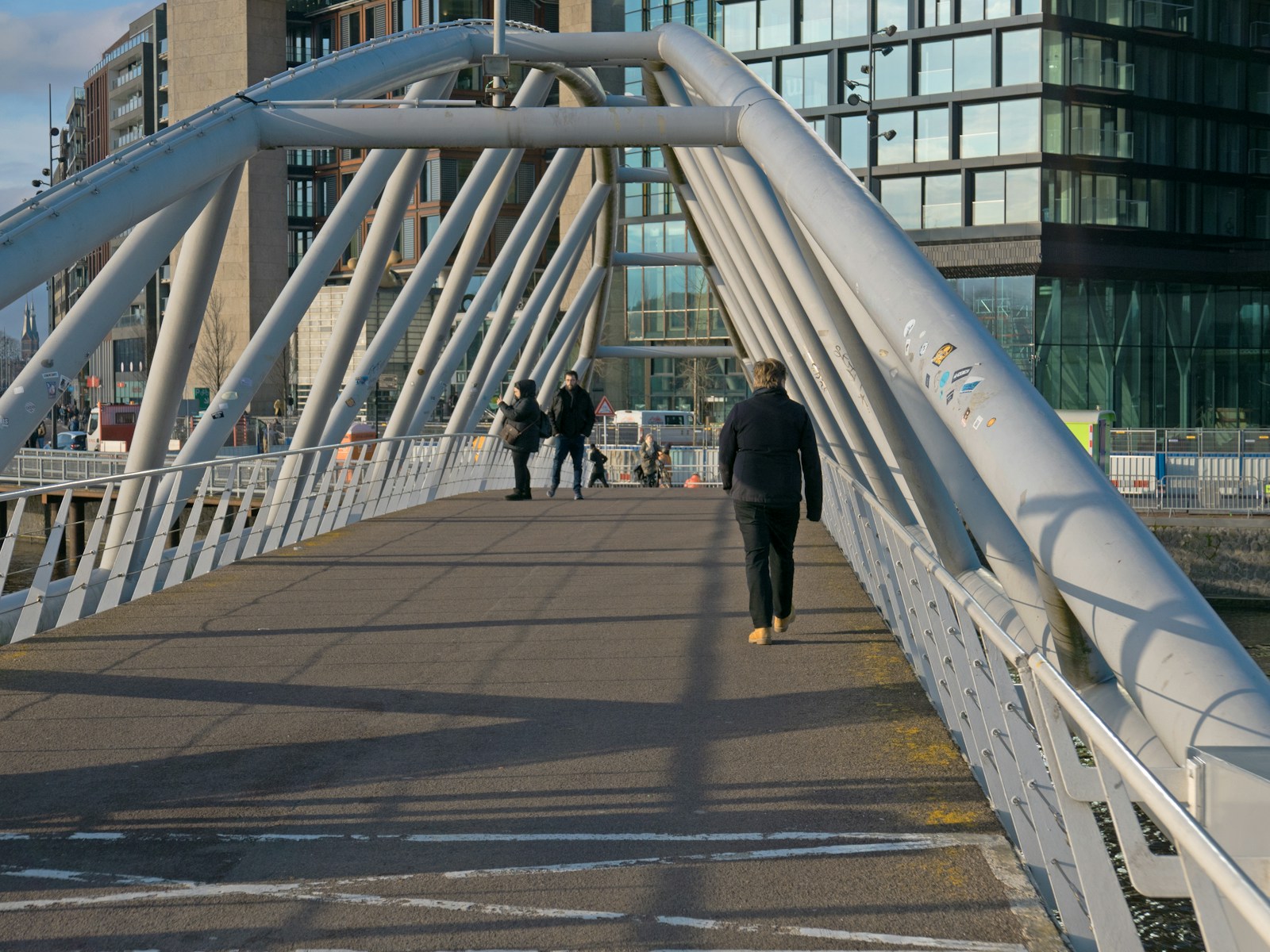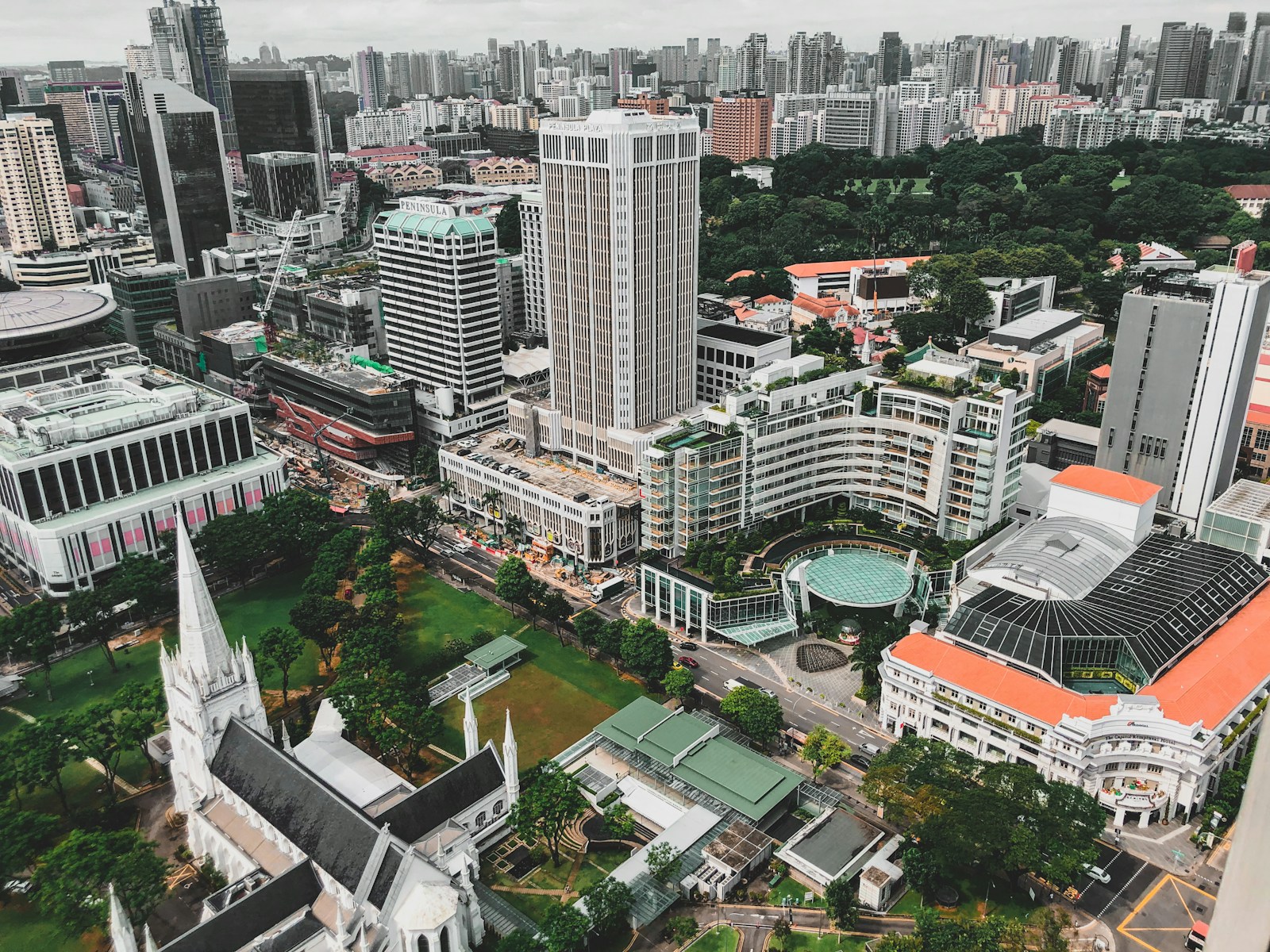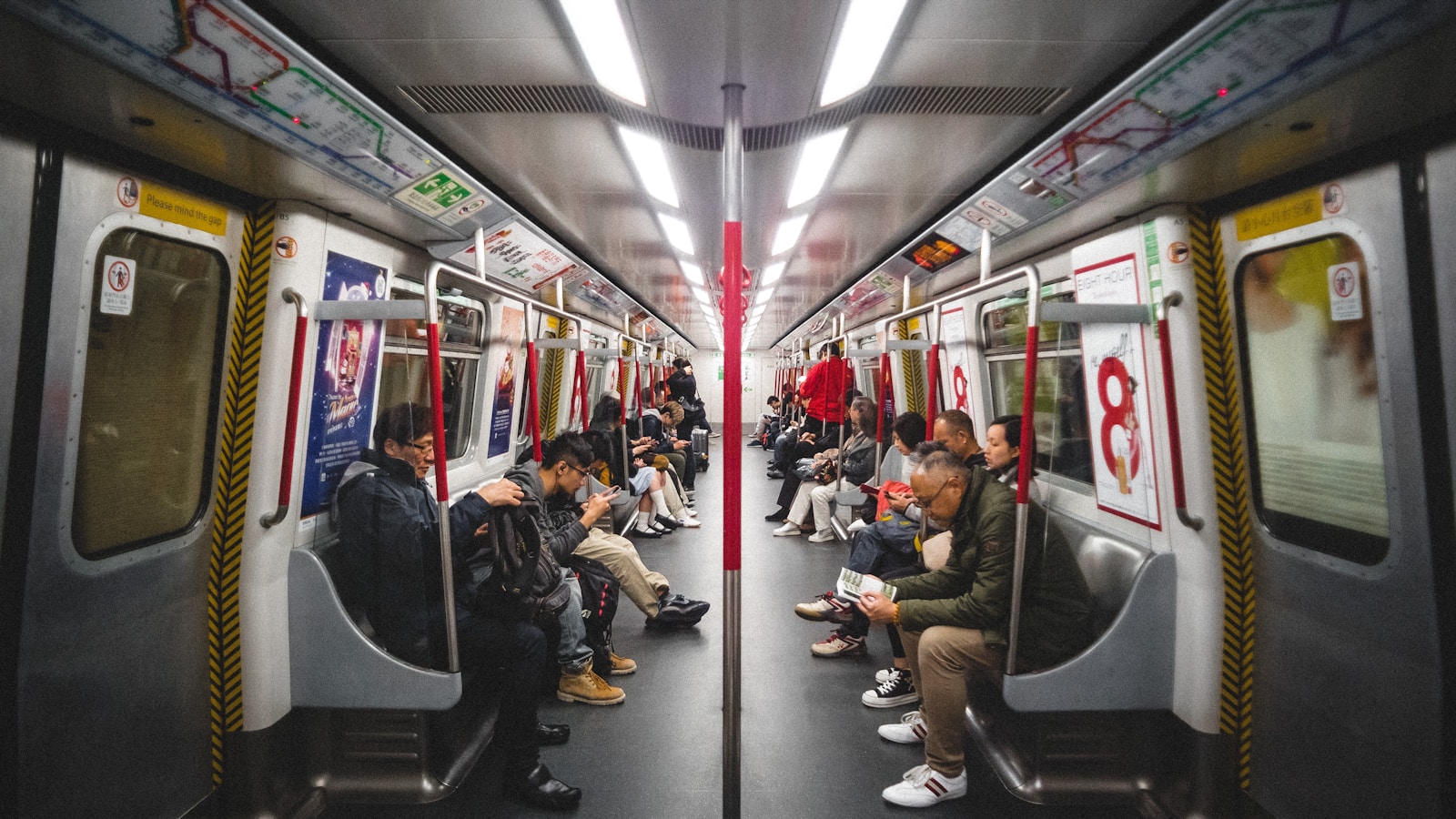How Public-Private Partnerships Drive Intelligent Traffic Management Systems
The Strategic Importance of Public-Private Partnerships
Public-Private Partnerships (PPPs) are vital in implementing intelligent traffic management solutions, especially in rapidly developing urban centers like Riyadh and Dubai. These partnerships leverage the strengths of both sectors: the government’s regulatory authority and infrastructure management expertise, combined with the private sector’s innovation and efficiency. By collaborating, they can address the complex challenges of modern traffic systems, ensuring smoother, safer, and more efficient transportation.
In Saudi Arabia, the Vision 2030 initiative emphasizes the need for advanced infrastructure and smart city solutions. PPPs play a crucial role in achieving these goals by facilitating large-scale projects that require substantial investment and cutting-edge technology. For instance, Riyadh’s traffic management systems can benefit significantly from the private sector’s technological advancements, such as AI-driven analytics and real-time data processing, to optimize traffic flow and reduce congestion.
Similarly, the UAE’s commitment to becoming a global leader in smart cities is evident in Dubai’s extensive use of PPPs to develop intelligent traffic management systems. The integration of AI, IoT, and blockchain technologies through these partnerships ensures that Dubai remains at the forefront of urban mobility innovation. By fostering collaboration between government entities and private companies, the UAE can deploy advanced traffic solutions more quickly and effectively, ultimately enhancing the quality of life for its residents.
Enhancing Efficiency and Innovation through Collaboration
Public-Private Partnerships not only provide financial resources but also drive innovation in intelligent traffic management. The private sector’s agility and expertise in emerging technologies, such as Artificial Intelligence and Blockchain, are instrumental in developing sophisticated traffic management systems. In Dubai, for example, PPPs have enabled the deployment of AI-based traffic prediction models and blockchain-enabled data security measures, which have significantly improved traffic flow and safety.
In Riyadh, the collaboration between public and private entities has led to the implementation of advanced traffic monitoring systems that utilize generative artificial intelligence to predict traffic patterns and suggest optimal routes in real-time. These innovations are crucial for managing the growing urban population and the increasing number of vehicles on the road. By harnessing the capabilities of AI and blockchain, Riyadh can create a more efficient and reliable traffic management system that adapts to changing conditions.
Furthermore, effective communication and change management are essential components of successful PPPs. Executive coaching services can help leaders in both sectors develop the necessary skills to manage these complex partnerships. By fostering open communication and a collaborative mindset, executives can ensure that projects stay on track and achieve their intended outcomes. In Saudi Arabia and the UAE, where cultural and organizational differences between public and private sectors may pose challenges, executive coaching can bridge gaps and facilitate smoother collaboration.
Building Sustainable and Resilient Traffic Systems
The ultimate goal of public-private partnerships in intelligent traffic management is to build sustainable and resilient traffic systems. By combining resources and expertise, PPPs can develop solutions that not only address current traffic issues but also anticipate future challenges. In cities like Dubai and Riyadh, where rapid urbanization and economic growth are constants, creating adaptive and forward-thinking traffic management systems is imperative.
Sustainability is a key focus in these partnerships. By leveraging green technologies and promoting eco-friendly transportation options, PPPs can reduce the environmental impact of urban traffic. In Riyadh, for instance, integrating electric vehicle infrastructure and promoting public transportation can significantly lower carbon emissions. The UAE’s initiatives to develop smart grids and renewable energy sources further underscore the importance of sustainability in intelligent traffic management.
Additionally, the resilience of traffic systems is enhanced through the use of advanced technologies like the Metaverse. By simulating traffic scenarios in virtual environments, cities can test and refine their traffic management strategies before implementing them in the real world. This proactive approach allows for the identification and mitigation of potential issues, ensuring that traffic systems can withstand and adapt to various challenges.
In conclusion, public-private partnerships are essential for the successful implementation of intelligent traffic management solutions in Saudi Arabia and the UAE. Through strategic collaboration, financial investment, and technological innovation, these partnerships can create smarter, safer, and more efficient urban traffic systems. By focusing on sustainability and resilience, cities like Riyadh and Dubai can not only address current traffic challenges but also pave the way for a more sustainable and prosperous future.
#PublicPrivatePartnerships, #IntelligentTrafficManagement, #SaudiArabia, #UAE, #Dubai, #Riyadh, #ChangeManagement, #ExecutiveCoaching, #EffectiveCommunication, #BusinessSuccess, #ManagementConsulting, #ArtificialIntelligence, #Blockchain, #TheMetaverse, #GenerativeAI, #LeadershipSkills, #ProjectManagement









